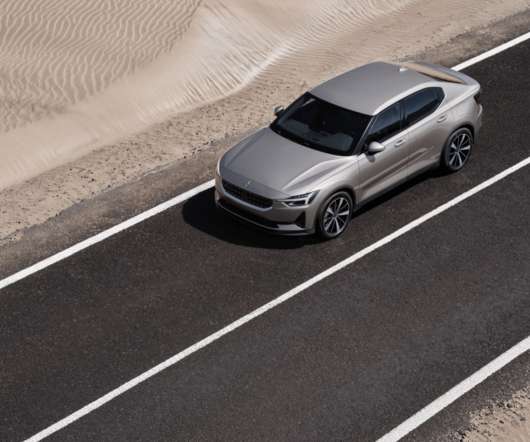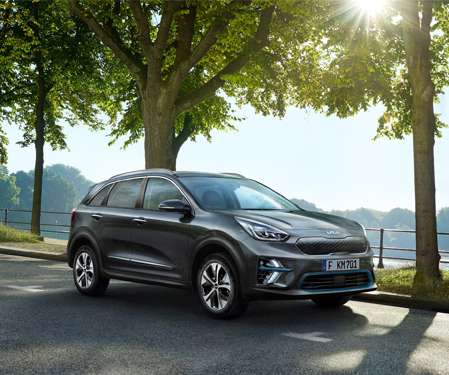EEA report suggests road charges for heavy-duty goods vehicles should reflect varied health effects of pollution in different countries
Green Car Congress
MARCH 4, 2013
The revenue from such schemes should be invested in sustainable transport, the Directive states. By incorporating these costs into the price of goods, we can encourage healthier transport methods and cleaner technologies. Diesel, used by most HGVs, causes more air pollution per kilometer than other fuels such as petrol.












Let's personalize your content